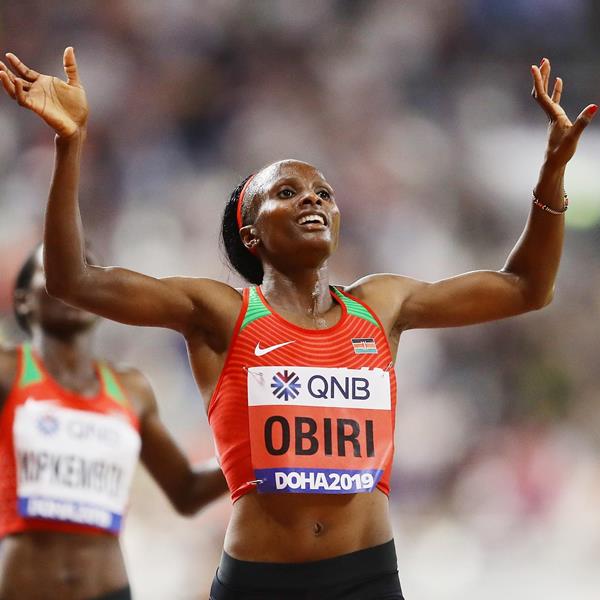The 5000m is one of the classic long-distance track and field disciplines.
Demanding great aerobic capacity, competitors take on 12-and-a-half laps of a standard 400m track.
The athletes start from a bunched standing start and can break immediately for the inside. The race order is decided on time.
At major championships, the 5000m schedule typically consists of heats and final.
Although this event is sometimes referred to as the "5km", technically speaking the 5km is the road equivalent of this race.

The Ancient Greeks organised a number of events akin to today’s long-distance races. During the mid-19th century, match races for betting purposes became very popular in Great Britain and the USA.
Every Olympic Games since 1912 has included a men’s 5000m. The women’s 5000m was only introduced into the Olympic programme at the 1996 Olympics as a replacement for the 3000m, which had featured since the 1984 Los Angeles Games.
In Olympic history, Finland is the most successful nation in the men’s 5000m. The Scandinavian nation has won six gold medals, including four successive titles from 1924 to 1936.
Today East African athletes dominate this event. Ethiopia has been the leading Olympic nation in the women’s 5000m, winning three successive titles from 2004 to 2012.
 ETH
ETH
 ETH
ETH
 ESP
ESP
 ETH
ETH
 ETH
ETH
 NOR
NOR
 ETH
ETH
 KEN
KEN
 GUA
GUA
 USA
USA
 ETH
ETH
 KEN
KEN
 KEN
KEN
 ETH
ETH
 KEN
KEN
 NED
NED
 ETH
ETH
 ETH
ETH
 KEN
KEN
 ETH
ETH







